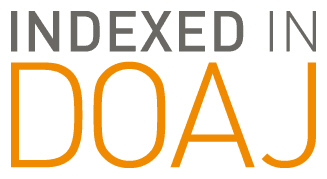Short Title
Organizational Citizenship Behaviors
Keywords
Organizational Citizenship; T-TESS; School Climate; Planning; Student Achievement; Teacher Evaluation
Abstract
Within the reach of institutional climate, organizational citizenship behavior (OCB) has received much attention in the business and psychological literature as a constructive mechanism designed to enhance group efficiency (Bateman & Organ, 1983; Organ, 1988; Podsakoff, Ahearn, & McKenzie, 1997). The essential definition indicates that organizational citizenship behavior refers to going beyond the requirements of one’s job with the understanding that taking such actions benefits the greater good (i.e., the company or school), with no expectation of reward or recognition for the action(s). Subsequent studies investigated OCB and its possible application in educational environs as a tool for improving school efficiency, climate, and student outcomes. The literature revealed that in schools where collectively high levels of faculty and administrator OCB existed, there have been improvements to school climate, school effectiveness, and student outcomes.
In this paper, the researchers argue that the newly implemented teacher evaluation system used in the Texas public school system, the Texas Teacher Evaluation and Support System (T-TESS), may be leveraged as an effective planning and professional development tool to strategically and positively impact levels of OCB among the faculty, and by extension, to improve pedagogical practice, school climate, and increase student achievement.
Recommended Citation
Krimbill, Elisabeth M.; Goess, Donald E.; and Escobedo, Patricia V.
(2019)
"Organizational Citizenship and Teacher Evaluation: Using the T-TESS to Promote OCB and Improve Student Outcomes,"
School Leadership Review: Vol. 14:
Iss.
1, Article 2.
Available at:
https://scholarworks.sfasu.edu/slr/vol14/iss1/2


